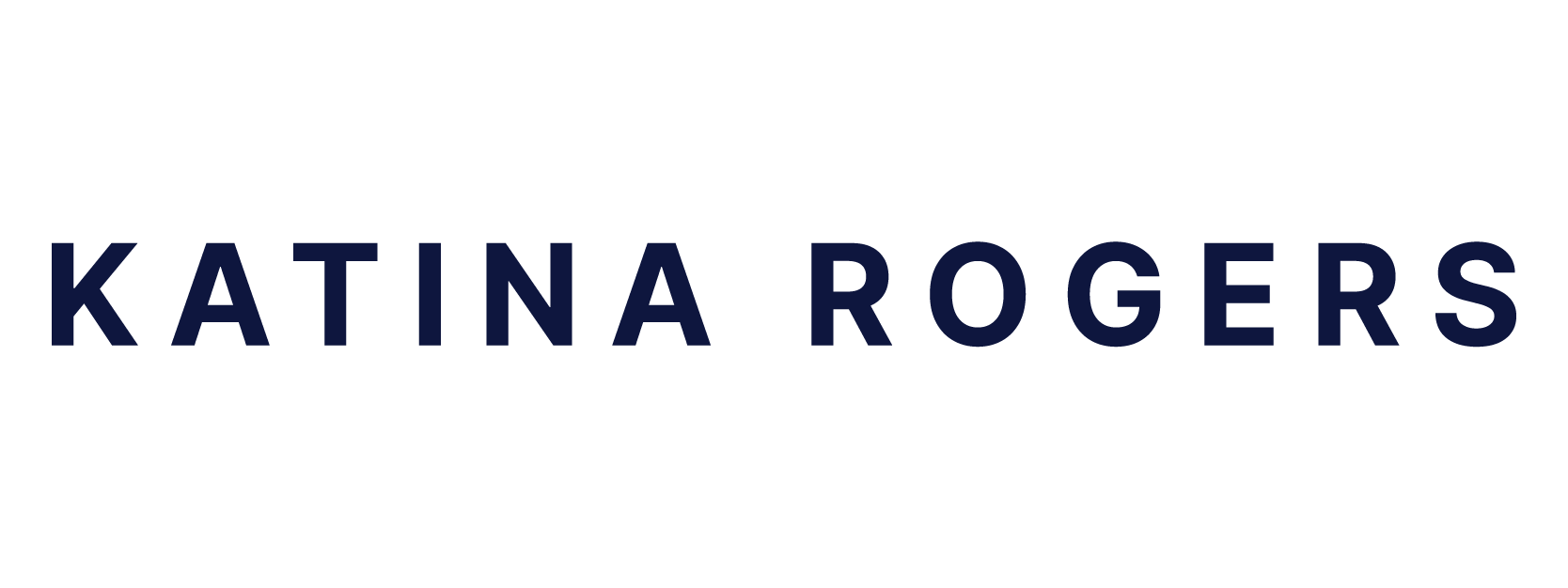[Cross-posted at the Scholars’ Lab]
This spring and summer has been the busiest travel season I have ever had. While I won’t deny that I’m happy to be rounding the corner on my last two trips this summer, I’ve learned a tremendous amount as I’ve bounced from city to city, and feel lucky to have had so many outstanding opportunities.
A good portion of the travel has been to share findings from the survey work I did on career preparation among humanities scholars. After doing so much work on the topic, it was incredibly exciting and rewarding to talk with various groups about the results, and to see what questions and ideas arose from my remarks. I’ve posted a version of these talks, so I won’t go into more detail here. Aside from the occasional conference presentation, public speaking is pretty new for me, and it’s been a few years since I’ve even been in front of a classroom. I found myself most comfortable only after extensive preparation: while I admire those who can speak extemporaneously, I learned that I need to craft my talks carefully at this stage. I think that I’ve become a more effective communicator even in the last few months, and I hope that means that the results from SCI’s study will be more likely to reach the right audiences in ways that encourage discussion and action.
Another unusual trip for me was to attend the Digital Humanities Summer Institutes. Those of you who have been to DHSI know the unique atmosphere that I encountered: part conference, part classroom, part summercamp for grown-ups. The welcoming environment that Ray Siemens and his team create suffuses the week, and the backdrop of beautiful Victoria, BC is intoxicating. (I rented a bike my last day there so that I could explore the shoreline, which I highly recommend!) One thing that strikes me as unique about DHSI is the way that it brings together people with similar values but very different backgrounds and goals. I took a course in visual design, and while it’s not a topic that’s of unique interest to digital humanists, the fact that we were all approaching it with goals related to DH meant that we had some strong overlap in terms of audience, anticipated work products, questions to consider, and more. Unlike a conference, you spend the bulk of your time at DHSI with a single group of people—your classmates—and while that’s wonderful in terms of fostering deeper relationships with a small group, I also found it important to make sure to spend time with people that I wasn’t seeing each day. Our conversations tended to be rich and varied, and brought fresh perspectives to the new skills we were learning.
And now, the two remaining trips are a small SCI meeting to close out our work on rethinking humanities graduate education, and my very first DH conference. The abstract of the paper I’ll be giving is available here. I’m nervous about DH—it’s my first time attending, and I feel like something of an interloper—but also incredibly excited. My talk again report on the survey findings, but from a somewhat different angle, and I expect that the DH community will have some very productive questions, critiques, and feedback to offer. The program is packed with an impressive variety of talks, many of which are outside my areas of expertise, and I’m looking forward to learning a lot and seeing firsthand the kinds of work that the community has been developing.
In all, the past few months have been a bit of a whirlwind (though I’m pleased to say that I’ve become a pro at packing, unpacking, and grabbing the right number of bins in the airport security line). All this travel has really helped to broaden my perspective, giving me a window into both the day-to-day and long-term questions, goals, and challenges that face individuals in different contexts within higher education. It has helped get me out of my head (a problem sometimes, especially since I’m working from home) and talking with grad students, faculty, and administrators, which has in turn grounded my own perspective. And it has helped me to more accurately assess the value and limitations of my own work.
